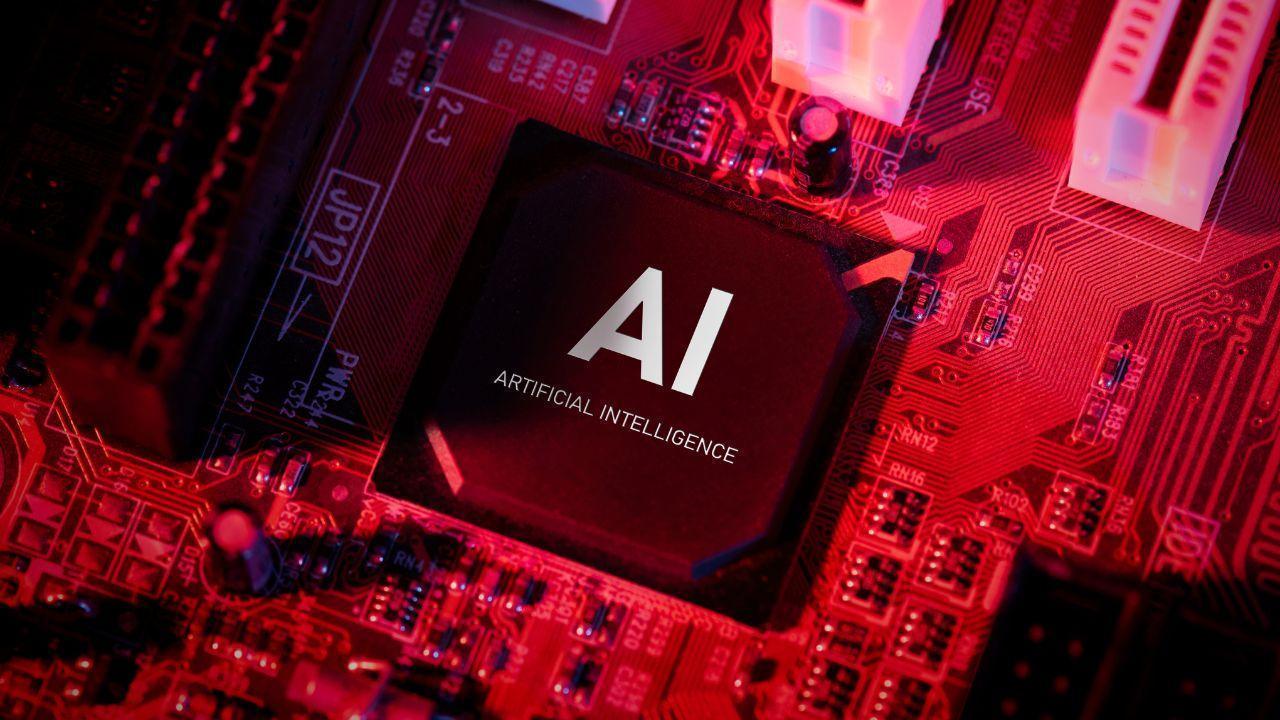
Post by : Vansh
As artificial intelligence (AI) becomes more advanced, a pressing question emerges: Can AI think like us? This inquiry goes beyond programming and processing power—it touches the very essence of consciousness, emotion, reasoning, and morality. As machines become capable of mimicking human conversation, art, and even decision-making, the line between artificial and human thinking continues to blur.
But is replication the same as understanding? This article delves into the evolving relationship between machine intelligence and human thought, exploring what it truly means to think—and whether machines are getting any closer to that threshold.
Human thinking is not just about solving problems or recalling facts. It’s a complex blend of emotion, intuition, memory, creativity, and morality. Our thoughts are influenced by life experiences, cultural values, personal memories, and even random impulses. Emotions often guide our decisions just as much as logic does.
Unlike machines, humans can make irrational choices, show empathy, or choose forgiveness over fairness. Our ability to reflect, daydream, question, and connect makes our thought process deeply nuanced and unpredictable.
This raises a critical distinction: AI may simulate logic, but can it truly replicate human intuition and emotion?
Modern AI systems, especially those built on machine learning and deep learning models, process vast amounts of data to make predictions, recognize patterns, and generate responses. From beating human champions in chess and Go to writing poems and answering philosophical questions, AI technology has made remarkable strides.
But here’s the catch—AI doesn’t “understand” in the way humans do. It recognizes patterns based on training data. When ChatGPT answers your questions, or when an image generator creates artwork, it isn’t "thinking" as humans think—it's running probability-based predictions.
AI can outperform humans in speed, data processing, and even accuracy in specific tasks. Yet it lacks consciousness, self-awareness, and genuine understanding. So, while it may appear to think like us, the internal process is entirely different.
One of the most fascinating aspects of AI is its ability to mimic human behavior so convincingly that we often forget we’re talking to a machine. This phenomenon is especially evident in conversational AI tools like virtual assistants, chatbots, and language models.
These systems are trained on human language and behavior, so their responses feel authentic. They can show empathy, offer emotional support, and even crack jokes. But is it real?
This is known as the “illusion of understanding.” We project our emotions onto machines, assuming they understand or care, when in reality, they are simply predicting the best next word or action based on training data.
This leads to ethical challenges: Should people rely on machines for emotional support? Can mimicked empathy ever replace real human connection?
The information provided in this article is for general knowledge and awareness only. It does not constitute professional advice or reflect official policies. Readers are encouraged to verify facts independently before making decisions. This content is published under the editorial responsibility of MiddleEastBulletin.
#trending #latest #CanAIThinkLikeUs #ArtificialIntelligence #AIvsHumanMind #MachineLearning #AIandMorality #FutureOfAI #EthicalAI #AIThinking #HumanVsMachine #BattleOfMinds #AIConsciousness #MiddleEastBulletin #MiddleEastNews #BreakingNews #LiveUpdates #BulletinLive #BusinessNews #WorldHeadlines #SocialUpdates #TechNews #HealthUpdates #EducationNews #ClimateWatch #SportsBuzz #TravelMiddleEast #VoiceOfTheMiddleEast #TrendingNow










OpenAI's Revenue Soars to $4.3 Billion in First Half of 2025
OpenAI's revenue reaches $4.3 billion in the first half of 2025, marking a 16% increase from the pre

UAE Leaders Send Condolences to Saudi King Over Princess Abta's Death
UAE rulers and crown princes sent heartfelt messages to King Salman, mourning the passing of Princes

Brazil's Surplus Clean Energy Attracts Crypto Miners
Brazil's excess renewable energy is luring cryptocurrency miners. Companies like Tether and Renova E

Visa Tests Stablecoins to Make Global Payments Faster
Visa is testing stablecoins for international payments, aiming to speed up transactions and reduce t

Opera Unveils Neon AI Browser for Smarter Web Browsing
Opera introduces Neon, an AI-powered browser that automates tasks and enhances privacy, aiming to re

Albanese Visits Sheikh Zayed Grand Mosque in Abu Dhabi
Australian PM Albanese tours Sheikh Zayed Grand Mosque, highlighting peace, tolerance, and cultural